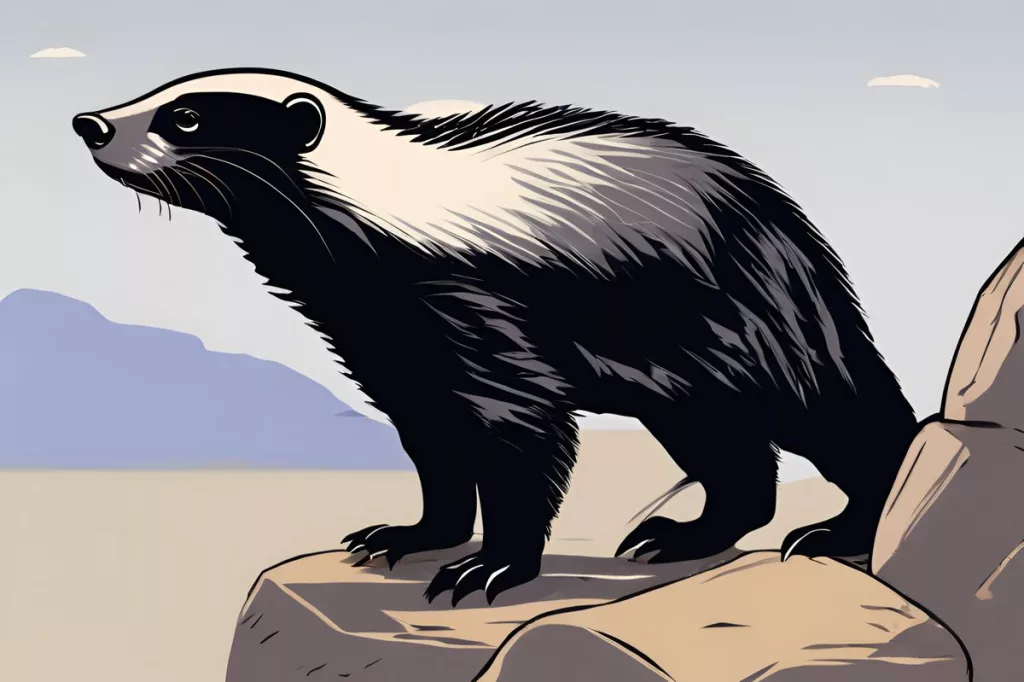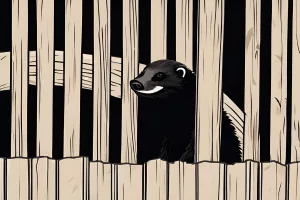A rare honey badger, also known as a ratel, was sighted near the University of Cape Town’s Institute for Communities and Wildlife in Africa on April 3. This marks the first documented presence of a honey badger near UCT and adds a new dimension to Table Mountain’s biodiversity. Honey badgers are known for their ferocity and audacity, and their adaptable nature often puts them in conflict with humans. If honey badgers start breeding and expanding on Table Mountain, it could pose new problems for urban residents.
In the tranquil De Hoop Nature Reserve, conservationists Christina Hagen and Katta Ludynia discovered the lifeless bodies of 11 African penguins, victims of a honey badger attack. Despite this tragedy, the conservation team quickly sought advice and devised new safety measures to protect the penguin colony and prevent future attacks. The African penguin population is critically low, but with the dedication of organizations like CapeNature and BirdLife South Africa, there is hope for the survival of this extraordinary species.
In De Hoop Nature Reserve, a honey badger breached the defense surrounding the African penguin colony and killed 11 penguins. The incident highlights the need for better security measures and a better understanding of landbased predators. Efforts to restore the critically endangered African penguin species continue, with enhancements being made to the colony’s security arrangements. The incident underscores the unpredictable nature of wildlife and the need for continuous adaptation in conservation efforts.



